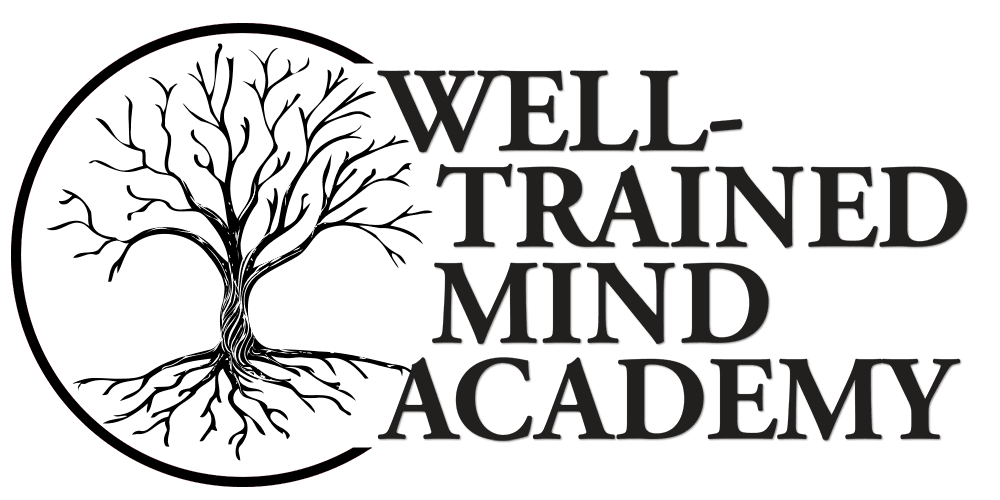
Department(s)
Education & Experience
• BA in Japanese, University of Massachusetts-Amherst
• MA in Japanese, University of Massachusetts-Amherst
• Japanese Language Proficiency Test Level N1
Bio
I began my study of Japanese at age 14. After a semester living with a host family and attending high school in Japan, I made up my mind to spend the rest of my life immersed in this beautiful language and culture. While majoring in Japanese at the University of Massachusetts Amherst, I spent another year in Japan, primarily at International Christian University in Tokyo. I returned to UMass Amherst for master’s studies, and then worked for two years as a translator, interpreter, and cultural liaison for the government of Kochi Prefecture, Japan. Eventually, family circumstances brought me home to the U.S., where I began teaching private online Japanese classes. I joined WTMA a couple of years later.
In the classroom, I make extensive use of memorization, particularly at the beginner level. We begin using Japanese in class right from Day 1, when we learn simple greetings. Each week, I assign my students a vocabulary list to commit to memory, as well as written homework, simple texts to read, and online grammar drills. Once per unit, students perform dialogues they have memorized in advance with a classmate. This technique ensures that students have grammatically-correct, formal sentence patterns in their minds, providing useful “frames” on which to build their own polite, original sentences, while also giving classmates an opportunity to get to know each other.
When it comes to written Japanese, I take time to build a strong foundation, allowing a full year to learn the primary phonetic writing system, hiragana, before introducing the secondary phonetic system, katakana. I connect kanji (Japanese-Chinese characters) with vocabulary, giving students the opportunity to memorize words phonetically before introducing the kanji for those words. I encourage my students to experiment with various approaches to acquiring the Japanese writing systems, including workbook drills, flashcards, and mobile apps, until they find the method that works for them. To review and reinforce students’ reading/writing ability, graded readers are introduced as early as possible. Students in the first through third years are assigned a short text about twice per month. Fourth-year students are expected to read a few paragraphs of a longer story each day.
At home in central Florida, I enjoy cooking, playing board games and watching movies with my husband and teenage kids, watching K-dramas, reading for my monthly book club, and going for walks with our dog, Rocco. I also facilitate a Bible study at my parish. I love to share my passion for Japanese food with students in the Japanese Culture Club, where we cook together at least once each semester!
Teaching Sample
Question & Answer
Students who love programming, music, algebra, or anything that includes both strong analytical and creative elements
I love that WTMA’s students are passionate about learning, and always willing to challenge themselves. It’s wonderful to see what they can achieve!
